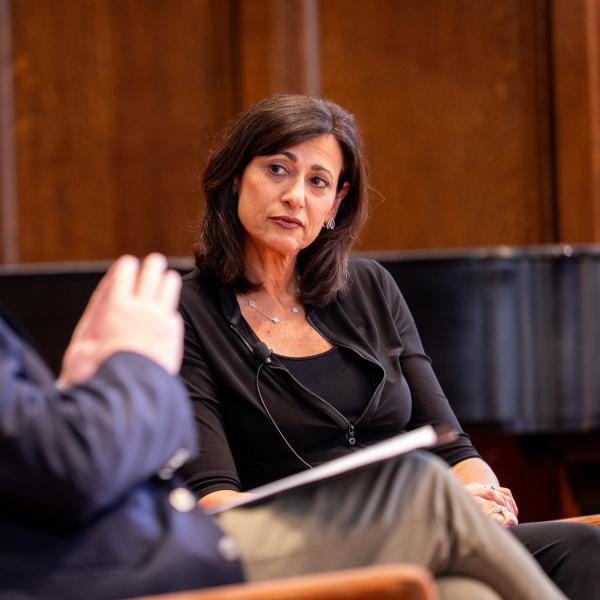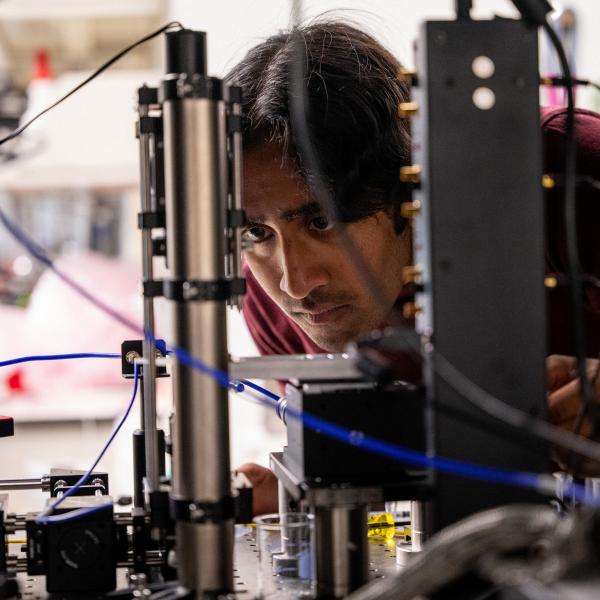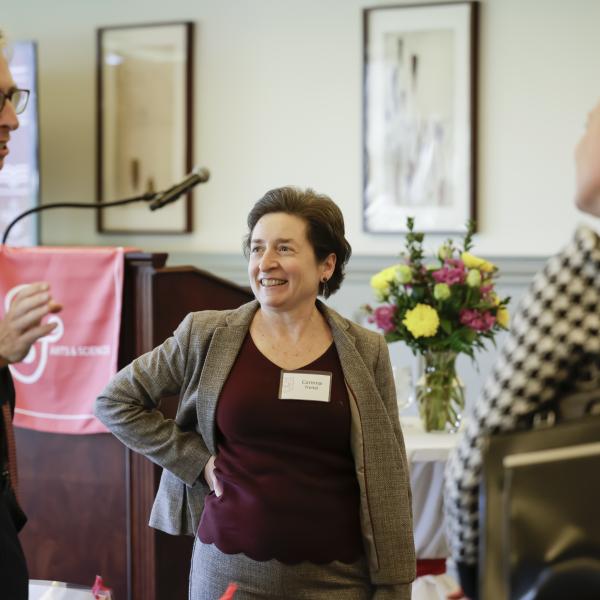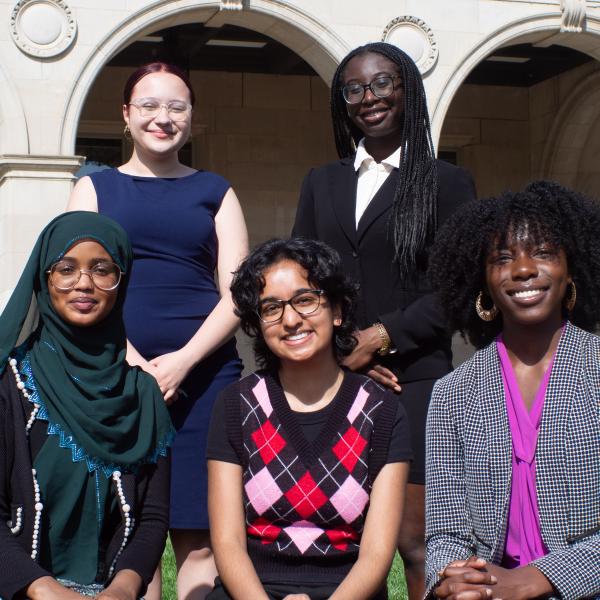In his new role, Ignacio Sánchez Prado leads efforts to build a cross-cultural community.
Earlier this semester, Dean Feng Sheng Hu announced the appointment of Ignacio Sánchez Prado as dean’s fellow for intercultural competence initiatives. Sánchez Prado is a professor of Spanish, Latin American studies, and film and media studies, director of undergraduate studies in Spanish and the Latin American studies program, and the Jarvis Thurston and Mona Van Duyn Professor in the Humanities.
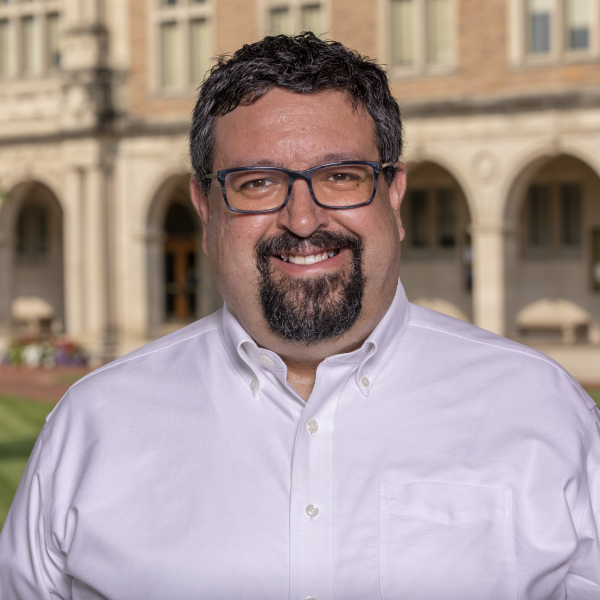
Sánchez Prado views intercultural competence as a crucial next step in the school’s existing diversity efforts. So far, he explained, “the way we have gone for efforts toward diversity and inclusion has really been focused on representation, the idea that we have to understand individual voices that come from a variety of marginalized backgrounds.” He noted the strides the university has made in the past decade, including work done by the Center for the Humanities and the recently launched Center for the Study of Race, Ethnicity & Equity.
“Part of the process I’m undergoing now is to analyze the different areas and harmonize them into common efforts,” Sánchez Prado said. “We have been able to gradually build great communities of, say, African American Studies and Latin American Studies, but what we don’t yet have is a way for those two to talk to each other and build something in common. How do we move away from the model that silos people into their own identities and their own communities? We still have work to do, and that’s where the idea of intercultural competence starts.”
Sánchez Prado's priority this semester is reaching out to everyone in the community, in order to understand what long-term initiatives will best support them. He will then use those insights to shape his approach to intercultural competence initiatives within Arts & Sciences and to plan community events in the spring. “I do not claim a privileged perspective,” said Sánchez Prado, and he welcomes input from students, staff, and faculty.
Sánchez Prado’s interest in intercultural competence comes not just from his academic work on the subject but also his own lived experience. “I’m from a country [Mexico] that builds its identity on cultural mixture. And for me it has always been striking how, for good and bad reasons, people stay with their own in the U.S. This is a critical moment for us to really start engaging with each other, in horizontal ways that are not an appropriation of one’s perspective by the other or erasure. Everyone’s at the table, and we have to find ways for that table to work.”
"This is a critical moment for us to really start engaging with each other... Everyone’s at the table, and we have to find ways for that table to work.”
The value of this approach extends far beyond the WashU campus. “Dean Hu believes very strongly that it is a skill of the 21st century to work with people from different backgrounds," Sánchez Prado shared. "This is how workplaces look. Most institutions are not doing enough work to really understand what it is to live in a diverse world.” Bringing an intercultural understanding into classrooms and other university programming will allow students to develop better insights and relationships and positively impact their surrounding communities.
Intercultural competence also reaches beyond any particular institution, putting students and faculty in a better position to deal with pressing global issues. "Even if you think about the pandemic, the pandemic entails understanding medical matters, public health matters, social inequalities, and cultural representation," he said. "You cannot address the pandemic without linking those things together, and if you think about it, I just described medicine, natural sciences, social sciences, and humanities.” Sánchez Prado hopes to foster an approach to such problems that “harnesses all the different structures and knowledge into a common mission.”
Sánchez Prado envisions intercultural competence initiatives as something to be continuously built over the next several years, ultimately giving every culture and identity not just its own space but also shared launchpads for everyone’s benefit.
